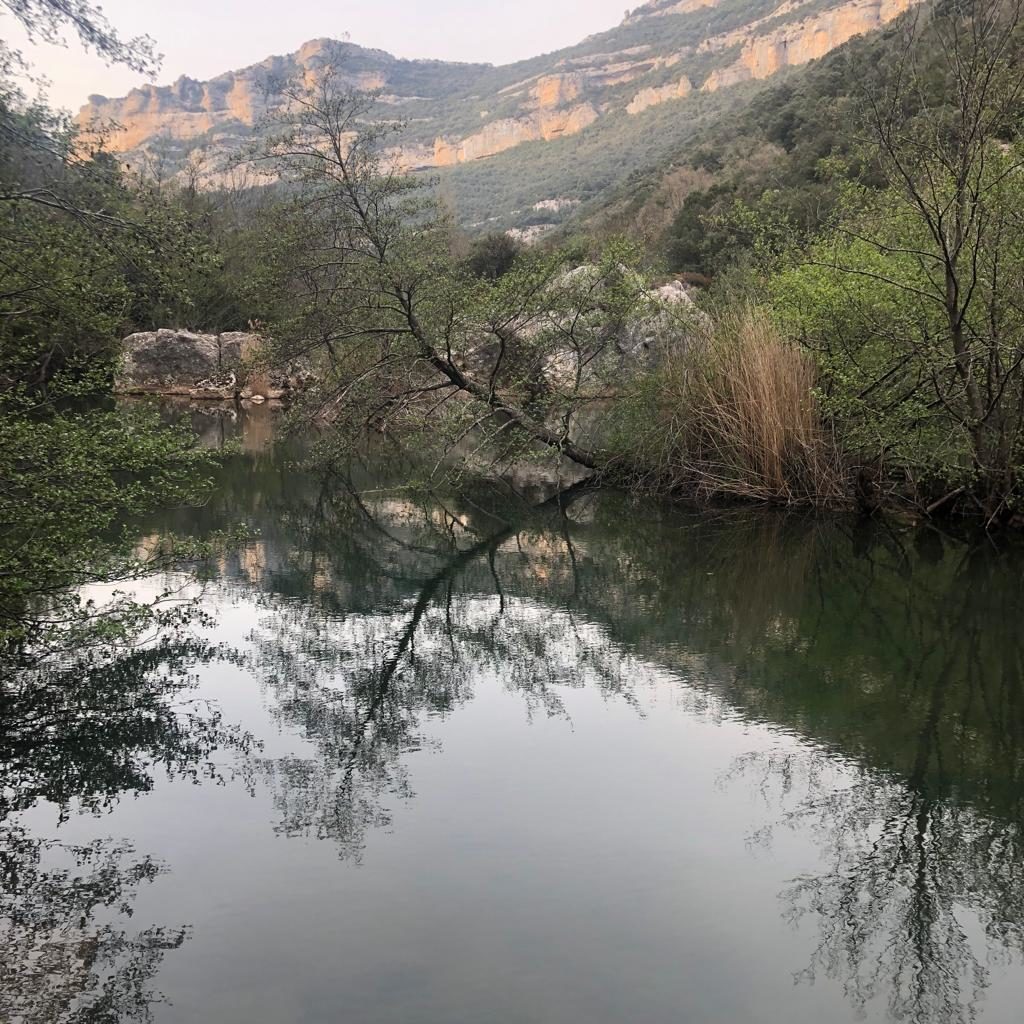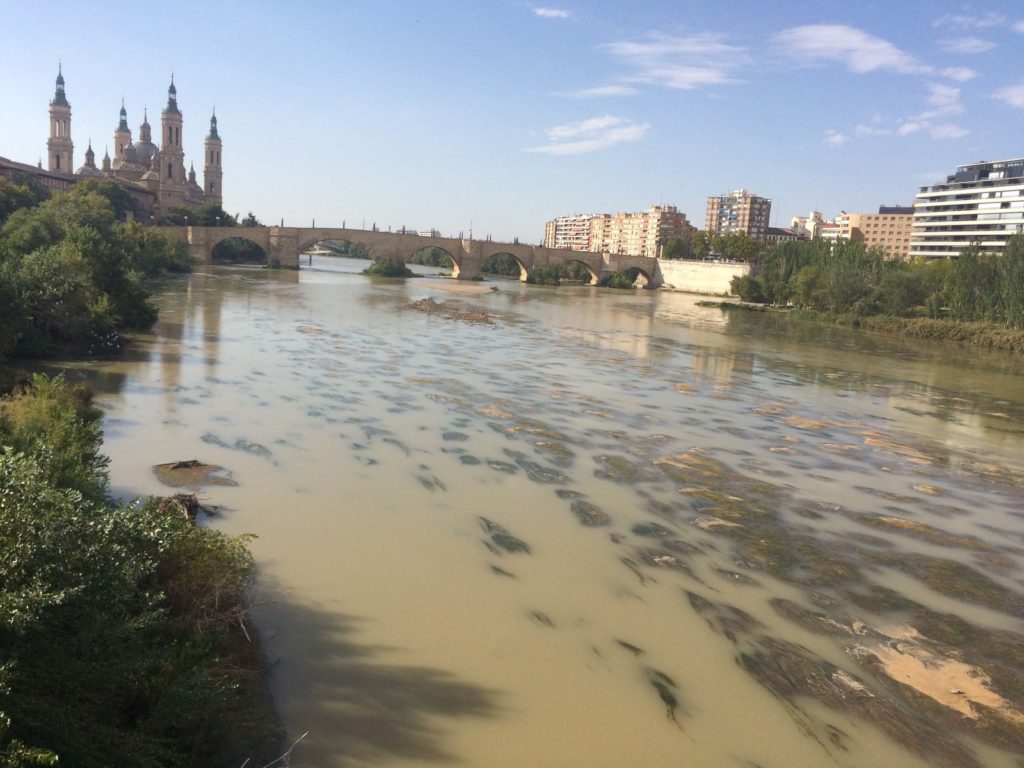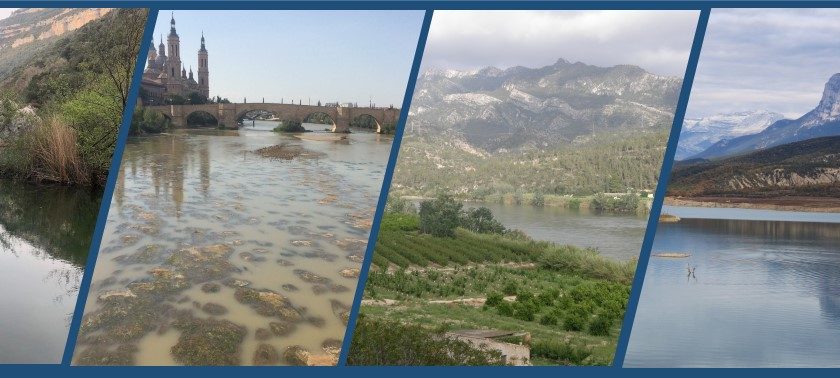Data recorded by meteorological stations shows that air temperature during the last 40 years has increased in most of them. This global warming driven by climate change not only has affected the water temperature of oceans and seas, but also has driven an increase in the water temperature of surface waters, such as rivers and lakes.
Although global warming is one of the main factors determining water temperature changes in surface waters, there are other anthropogenic factors that also introduce changes in the river water temperature, and it is necessary to analyze them. Thus, the increase of water consumption in a basin decreases the river flow and also the river capacity to absorb the increment of the atmospherics heat; heat effluent from power plants increases the natural water temperature (particularly in low-flow months); reservoirs modify and attemperate the water temperature range, increasing water temperature in winter and reducing temperatures in summer; and finally rivers supporting large irrigation developments (with water provided by reservoirs and dams) show lower water temperature during the summer months.

The RAMA group just published a paper “Factors controlling the changes in surface water temperature in the Ebro River Basin” (Lorenzo-González et al, 2023) analyzing surface water temperature drivers in the Ebro River and main tributaries (Aragón, Arga, Cinca, Segre y Arba), some of them with large irrigated areas. The analysis focuses on the annual and interannual water temperature changes in 21 stations of the Ebro River quality network monitored by the river basin authority (CHE) in a series of 40 years.
The work shows a significant increment of the water temperature in most of the analyzed stations, with higher increments in the last Ebro River reach and specially, during the spring months. Only the tributaries headwater stations seem to keep the water temperature without significant trends.

This water temperature increment can affect the sustainability of aquatic ecosystems. Water temperature affects the life cycles of many organisms, their growth rate, metabolism and reproduction. It also interferes in the competitiveness among species. Water temperature also affects the water composition through its influence in pH, dissolved oxygen, CO2 partial pressure or salinity.
Download the article:
https://authors.elsevier.com/sd/article/S2214-5818(23)00066-6


